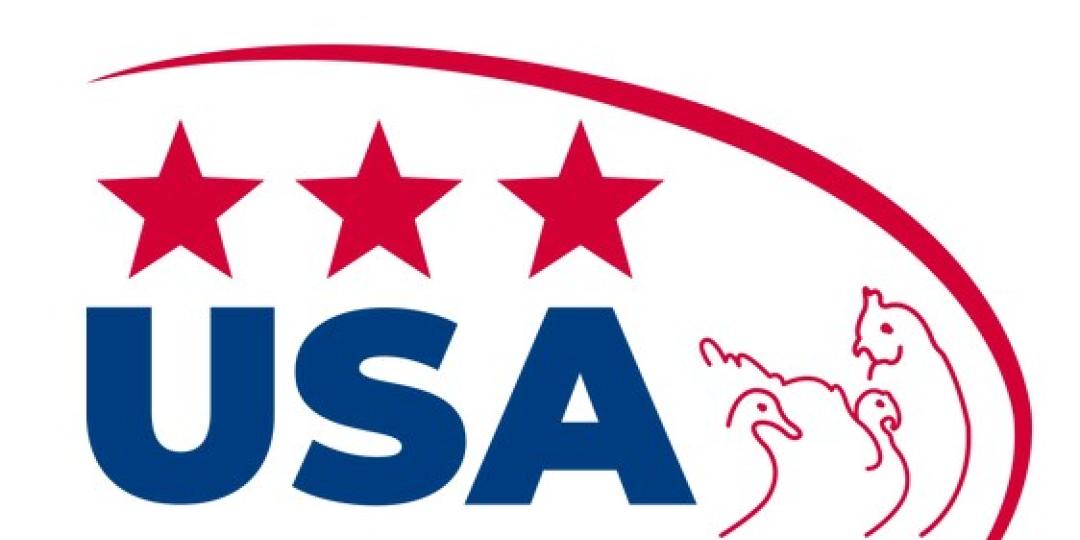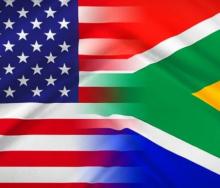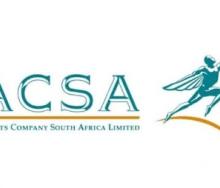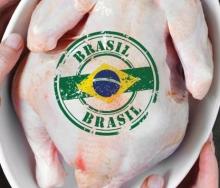The South African government has secured a special, year-long trade agreement with the United States allowing continued chicken imports despite bird flu cases in the US.
The agreement empowers the US to manage internal export restrictions at the state level, so South Africa only imports poultry from US states free of Highly Pathogenic Avian Influenza (HPAI).
If an outbreak occurs in a specific state, exports from that state to South Africa are temporarily suspended until it is safe to resume.
This arrangement comes after poultry imports from Brazil were reinstated, effective June 19, and aims to ensure a steady supply of affordable, safe chicken imports to support food security in South Africa while minimising trade disruptions.
Poultry Producer reports that South Africa has been losing over 100 million meals each week because of the Brazil ban.
Data from Stats SA indicates that food insecurity affects nearly one in three households in some provinces, amplifying the pressure on government and industry to secure reliable food sources.
Affordable poultry imports play a crucial role in South Africa’s protein supply chain, particularly through the provision of mechanically deboned meat (MDM), which makes up around 95% of the country’s total MDM imports.
MDM is essential in producing affordable processed meats such as viennas, polony and sausages – staples for many families and key components in national school feeding programmes.
The Department of Agriculture, Forestry and Fisheries said red-tape reduction forms part of the concessions made to Brazil and the US, removing onerous paperwork and delays for importers and allowing a more dynamic trade response to bird flu outbreaks.
The agreement with the US has been widely welcomed by importers like Merlog Foods.
“This agreement empowers the US to manage its own internal chicken trade restrictions by state, depending on the presence or absence of bird flu outbreaks," Merlog Foods manager George Southey said.
He told IOL that it “allows local importers of essential affordable protein needed by millions of South Africans to access safe chicken with ease and removes onerous paperwork and delays”.
Recently, Neville Brink, CEO of Oceana Group, which owns Lucky Star, said the company had the capacity to replace poultry with pilchards.
He told a financial results presentation last week that Oceana had increased its inventory by 41% to sustain affordable protein demand in the local market.













